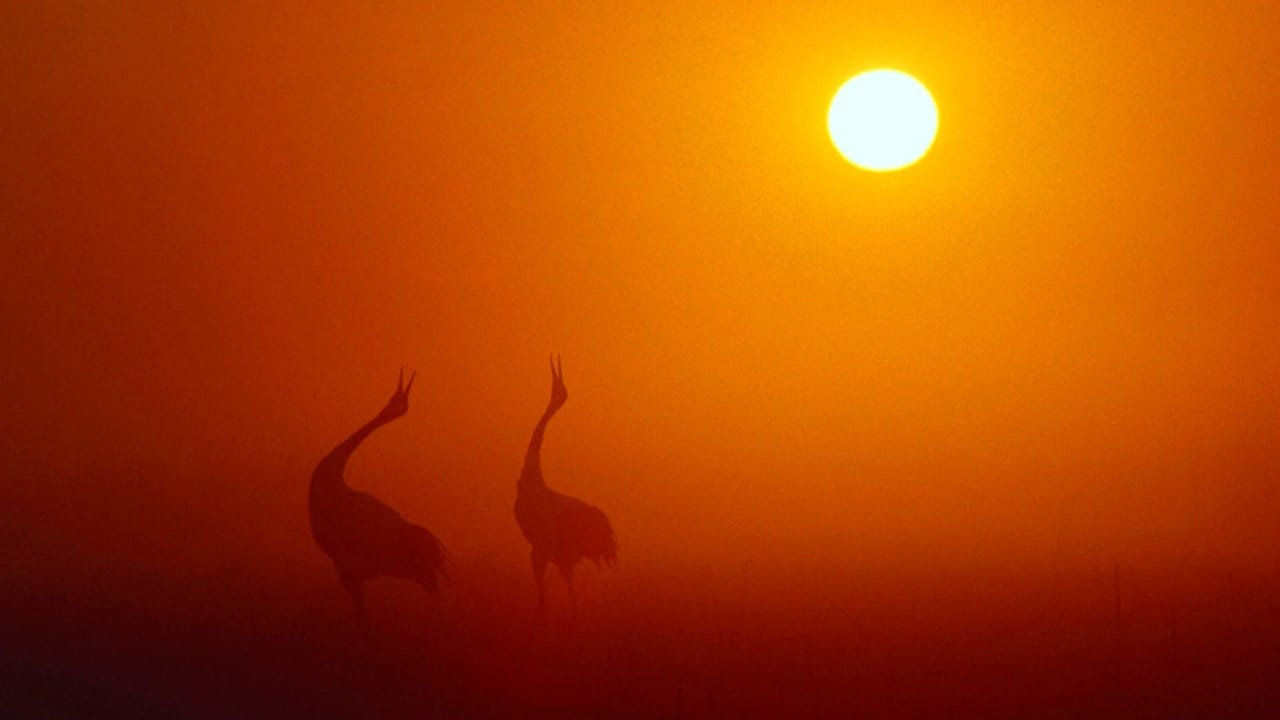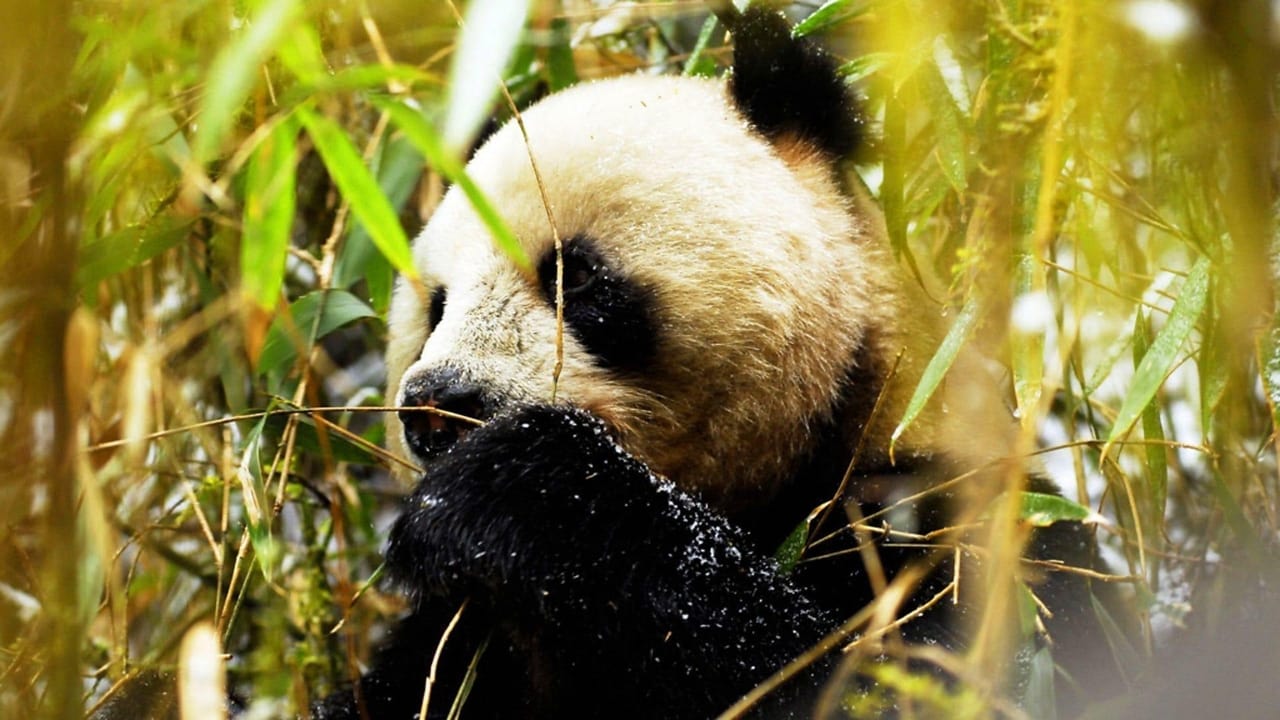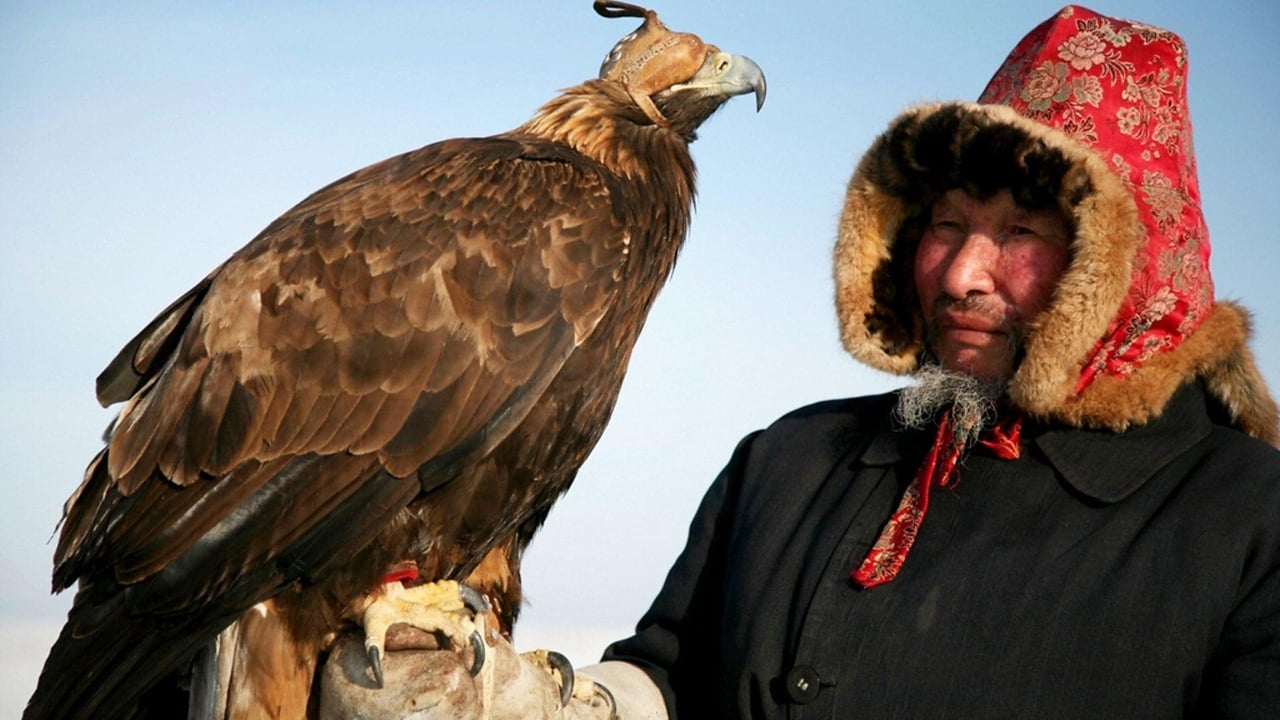«- Back
Where to watch "Chine sauvage"

6. Episode 6
No release date yet
From the eastern end of the Great Wall, China's coast spans 14,000 kilometres and more than 7,000 years of history. This is a place of huge contrasts: futuristic modern cities jostling traditional seaweed-thatched villages, ancient tea terraces and wild wetlands where rare animals stil survive. Here white dolphins, red-crowned cranes, deadly vipers, giant sturgeon and sabre-wielding monkeys struggle to eke out a living faced by competition from 700 million people; widespread pollution and over-fishing. How China is managing such conflicting pressures has lessons for us all.

5. Episode 5
No release date yet
China's emperors built the Great Wall to keep their kingdom safe from the hostile lands to the North. Warrior nomads, bizarre wildlife and extreme weather conditions are found beyond the Wall. How does life survive the harsh deserts and frozen wastes? But northern China is also a place of great beauty, rich with history. The legendary Silk Road drew traders across the deserts in search of fabulous wealth. Nomadic tribes hunt with golden eagles and race horses. Adapt or die is the way to survive these extreme lands, which have shaped some of China's most colourful people and wildlife.

4. Episode 4
No release date yet
China's heartland with its Han people is the centre of a 5,000-year-old civilization. This land contains the Great Wall, the Temple of Heaven, and Beijing's Olympic Stadium, and it's home to some of China's most charismatic creatures such as the giant panda, golden snub-nosed monkey, and golden takin. China has undergone significant development in the past 50 years, bringing many environmental problems. But the relationship of the Chinese to their environment and its creatures is in fact deep, complex, and extraordinary. We will explore this ancient relationship and understand what it means for the future of China.

3. Episode 3
No release date yet
The size of Western Europe, the Tibetan plateau covers a quarter of China. This vast windswept wilderness is one of the world's most remote places, defined by the glacier-strewn Himalayas. But this brutal region is home to incredible wildlife such as rare chiru, brown bear, wild yak, and even the highest predators on earth. There are more large creatures here than anywhere else in China. Tibet has a unique culture, defined by over one thousand years of Buddhism. This strange looking culture has nurtured remarkable beliefs. We will understand why this landscape and ancient culture is the life support system for much of the planet.

2. Episode 2
No release date yet
Beneath billowing clouds, in China's far South West, rich jungles nestle below towering peaks. Jewel-coloured birds and ancient tribes share forested valleys where wild elephants still roam. These remote forests stretch into northern territories where normally deserts would be found. How do these forests exist? Perhaps the rugged landscape holds the key.

1. Episode 1
No release date yet
The improbable egg-carton hills of Southern China seem to float in a sea of glistening rice paddies. This is a landscape full of surprises - next to peasants ploughing with buffaloes are rivers concealing dwarf alligators and giant salamanders, trained cormorants that catch fish for their masters, bats with unusual tastes, and monkeys that hide in caves. But this isn't a nature park - almost 300 million people live here, with a tradition of eating wildlife. So what forces have shaped this remarkable landscape and how do farmers and wild creatures manage to coexist among the rocks and the rice fields?


























